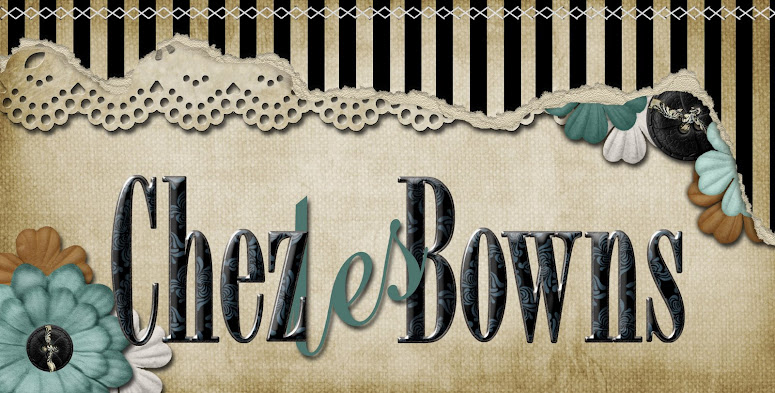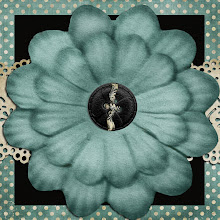

Rollie and I are planning a trip to Paris in May and needed to obtain passports. We went to the post office and took along our old passports (as in really old, from the late 1960's) to obtain our new ones. The postal clerk really seemed to enjoy looking at the old passports, glancing from the pictures and then looking at us. Don't know why, but she seemed pleasantly amused.
My passport is stamped with many of the places I visited while I lived in Europe, but Rollie's is blank. He was called to the French mission, so he obtained a passport in preparation to serving in France, when the U.S. government decided that for a period of time no young men of draft age could leave the country, so his mission assignment was changed to New England. (This was during the Viet Nam War).

 The word passport comes from the French language which literally means
The word passport comes from the French language which literally means"to pass through the door". I like that imagery of people being welcomed into other lands through opened doors. Below are our current passports which, hopefully, will open a few doors to us in the years to come. The clerk was impressed with our photos, which Rollie took at home. She thought they were sepia toned. (My husband always does high quality work.)

If Rollie had served a mission in France, perhaps we would both be speaking French upon our arrival in Paris. Fortunately for him, there are many cognates between the French and English language, the word "passport" being one of them. There are lots of examples, such as "carrot" (carotte), "chocolate" (chocolat), "banana" (banane). Cognates are not strictly limited to food, however, it's just what seems to always be on my mind after years of meal preparation.

Another advantage Rollie will have is due to the fact that the French have somewhat relaxed their language standards, and have adapted many English words into their language. The French have always been very strict about being purists when it comes to their language, having a special academy dedicated to the protection of the "language of love". Due to the power of mass media though, words such as, "le week-end, "le star", "le milkshake", "le drugstore", etc. have a common place in the French language today.
Given these two facts, I think Rollie should be nearly fluent by now. All he needs to do is put "le" in front of an English word, pronounce the word with "a leetle beet" of a French accent and chances are he will be understood. (FYI, all newly adapted English words are masculine. Makes it simple: forget the "la".)
With that said, we look forward to getting ready for our trip. We will pack "la valise" with "les T-shirts", "les jeans", "les pulls", "le shampooing", "la camera-video, "les magazines", "les cheques", "le mobile" and , voila, we are ready for "une grande aventure". Wish us bon voyage!

